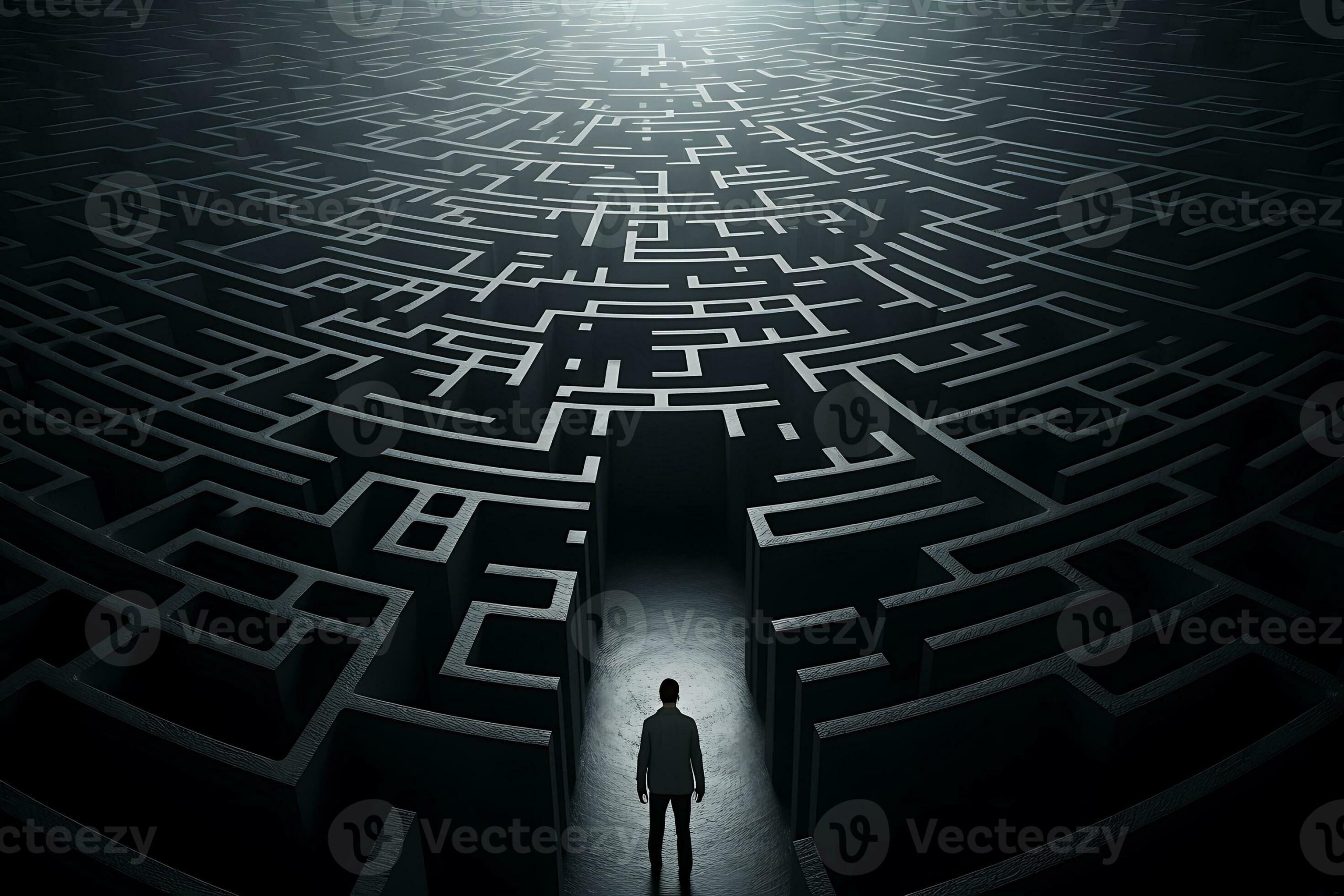Lost in a Digital Labyrinth: The Allure of Maze Games
Mazes, those intricate puzzles of paths and dead ends, have captivated human minds for centuries. From ancient Greek mythology to modern video games, the challenge of finding one’s way through a labyrinth has proven to be an enduring source of fascination.
The Psychology of the Maze
Why are we so drawn to the maze? Psychologists suggest that navigating a maze taps into our primal instincts of exploration and problem-solving. The sense of accomplishment upon reaching the exit is akin to overcoming a real-life challenge. Moreover, the maze can be a metaphor for life itself, with its twists, turns, and unexpected obstacles.
Mazes in Popular Culture
Mazes have transcended their physical form to become ubiquitous in popular culture. Video games, from the classic Pac-Man to complex open-world adventures, incorporate maze-like elements to challenge players. Even movies and literature have explored the maze as a symbol of confusion, complexity, or a journey of self-discovery.
The Therapeutic Benefits of Maze Solving
Beyond entertainment, mazes offer potential therapeutic benefits. Studies suggest that solving mazes can enhance cognitive function, improve problem-solving skills, and reduce stress. Some therapists even use maze puzzles as a tool for relaxation and mindfulness.
The Future of Mazes
As technology continues to advance, we can expect to see even more innovative maze-based experiences. Virtual reality and augmented reality offer new possibilities for immersive maze exploration. Perhaps one day, we’ll be able to physically step into a digital maze, adding a whole new dimension to this timeless puzzle.
Whether it’s a physical labyrinth or a digital challenge, the allure of the maze remains strong. It’s a testament to the human desire to explore, problem-solve, and conquer.






Post Comment